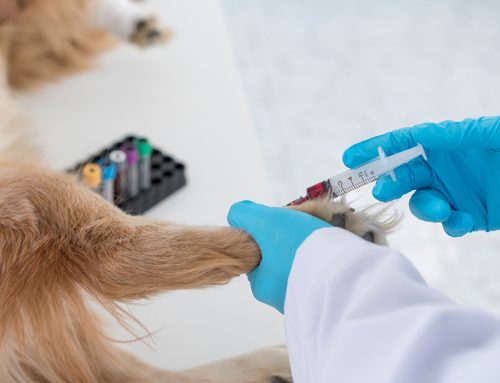As pets age, just like humans, they undergo various changes that can impact their daily activities and overall well-being. At Boca Midtowne Animal Hospital in Boca Raton, FL, we understand the importance of recognizing these changes and providing the care that aging pets need. Our goal is to help pet owners understand why their older pets might be slowing down and what steps can be taken to help manage this natural part of the aging process.
Understanding Aging in Pets
General Overview of Aging in Pets
Aging in pets can be likened to the aging process in humans. Pets, depending on their species and breed, typically enter their senior years at around 7 to 10 years of age. Just as with older people, older pets may start to show signs of slowing down due to the natural decline in their body’s function.
Why Older Pets Start Slowing Down
The slowing down in older pets can be attributed to several physiological changes:
- Joint wear: Just like humans, pets can develop arthritis which can make movement painful.
- Decreased metabolism: This can lead to weight gain, affecting mobility and overall health.
Recognizing the Symptoms of Aging
Key signs that your pet might be aging include:
- Decreased mobility
- Increased sleep duration
- Weight gain or loss
- Behavioral changes such as reduced interaction
- Changes in appetite or elimination patterns
Observing these signs early can help in managing your pet’s aging process more effectively.
Medical Insights
Common Health Issues in Older Pets
Conditions like arthritis, kidney disease, heart disease, and cognitive dysfunction syndrome (similar to dementia in humans) are prevalent in older pets. Each of these conditions can contribute to a decrease in activity level due to discomfort or decreased cognitive function.
Breed Predispositions to Certain Age-Related Diseases
Certain breeds are predisposed to specific conditions. For example, large dog breeds such as German Shepherds and Golden Retrievers are more prone to arthritis, while Persian cats may be more susceptible to kidney disease.
Why Veterinary Care is Important
Regular veterinary check-ups are crucial as they allow for early detection and management of age-related issues. Learn more about our veterinary services.
Treatment and Management
Typical Treatment Plans for Aging Pets
Treatment for aging pets might include:
- Medications for pain management or to support organ function
- Lifestyle adjustments to suit reduced energy levels
- Specialized diets to manage weight and nutritional needs
- Advanced treatments such as laser therapy
Role of Rehabilitation and Recovery
Rehabilitative services such as physical therapy can significantly improve an older pet’s quality of life, helping them maintain mobility and comfort.
Preventative Measures to Aid Aging Pets

- Diet: Ensure your pet has a balanced diet that suits their age and health needs.
- Exercise: Tailor exercise routines to your pet’s ability to prevent strain.
- Environment: Adapt your home environment to make it easier for your pet to get around.
- Preventive care is key, and adhering to AAHA guidelines ensures the best care for aging pets.
How Boca Midtowne Animal Hospital Can Help
We offer tailored care for aging pets, leveraging our staff’s expertise in geriatric pet care. We encourage pet owners to book a consultation or visit us for an aging pet assessment, ensuring that every pet continues to live a comfortable and happy life.
Conclusion
Recognizing and managing aging signs in pets is crucial to ensuring their comfort and health in their senior years. If you’ve noticed changes in your pet’s behavior or physical abilities, it’s important to consult with a professional.
At Boca Midtowne Animal Hospital, we are dedicated to providing comprehensive care tailored to the unique needs of older pets. Schedule a visit today to ensure your pet remains happy and healthy throughout their golden years.








Leave A Comment